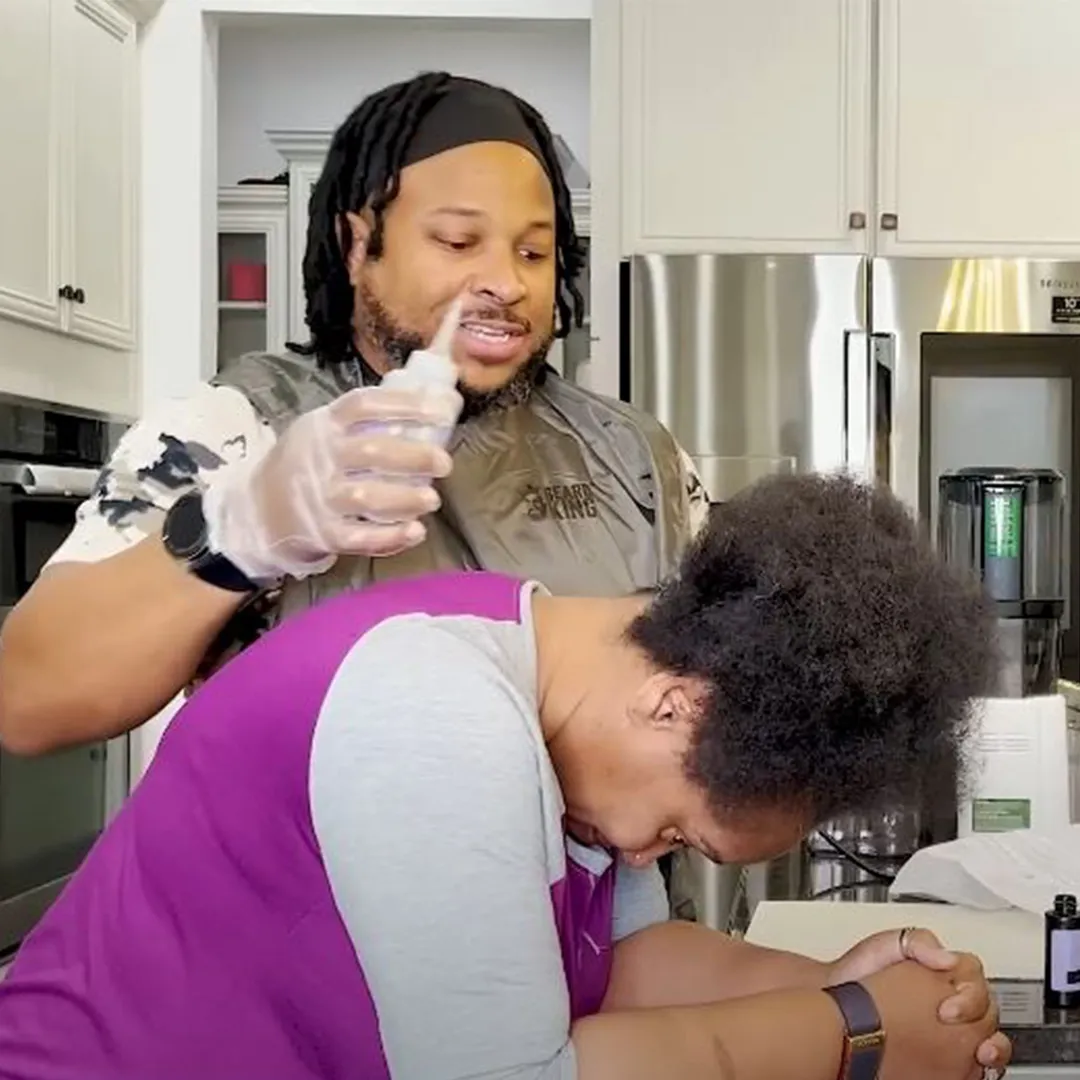Recently, my husband and I found ourselves reflecting on something that feels increasingly rare in today’s world: everyday gestures of respect toward women. It's especially noticeable in public spaces like the subway. Far too often, we see elderly women standing while young men—and even young women—stay comfortably seated, oblivious or indifferent.
I brought this up with our teenage son, Darius, hoping to open a meaningful conversation. His response was eye-opening, but also disheartening. He said, “If she’s young and healthy, why should I give up my seat? There’s nothing wrong with her.” That moment revealed something important—he was looking at courtesy as a response to weakness or need, rather than as an act of character.
(If you enjoyed this post and want to try out the same ingredients and tools I use, feel free to check them out below!
These are affiliate links, which means I earn a small commission at no extra cost to you. Thank you for supporting my work 💛

I had to explain to him that offering a seat, or opening a door, isn’t about a woman’s physical condition. It’s about acknowledging her worth. It's about demonstrating thoughtfulness and kindness—not because she can’t do it for herself, but because you choose to honor her presence.
There was another moment recently when I approached a door, and Darius just stood there, distracted. I had to prompt him: “Aren’t you going to hold the door for me?” It wasn’t a big deal on the surface, but moments like these speak volumes. They’re the small acts that shape how young people view respect, not as a performance, but as a habit.
It saddens me sometimes to see how this sense of everyday decency is slipping away in the younger generation. Courtesy isn’t about women needing protection. It’s about cultivating a culture of respect—toward everyone—but especially toward women, who have so often been denied that simple acknowledgment.
I’m not trying to raise a son who opens doors because he thinks women are fragile. I’m trying to raise a son who opens doors because he understands that kindness, humility, and respect are never out of style.
And I hope more parents, more teachers, more mentors will help guide the next generation back to these values—not for tradition’s sake, but because we become better people when we learn to treat others with dignity.




